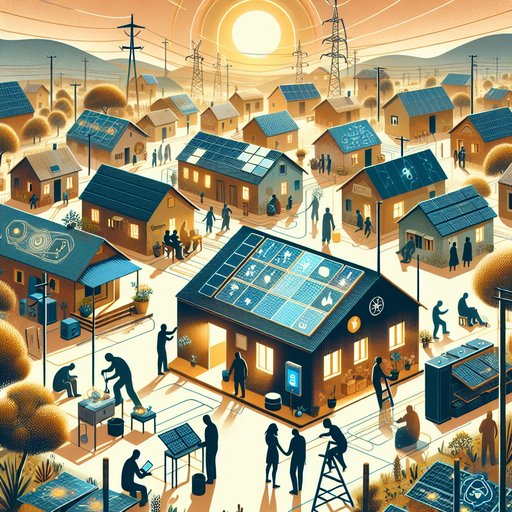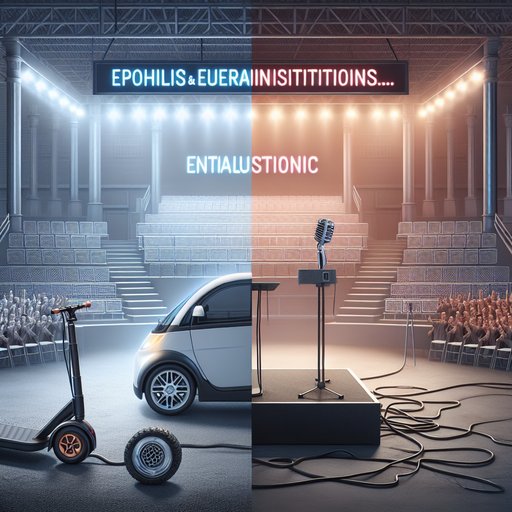
Expanding clean energy access to underserved communities is no longer a distant ambition; it is a practical pathway unfolding today through microgrids, pay‑as‑you‑go solar, and community energy projects. These approaches have emerged as powerful complements to national grids, which often struggle to reach remote or low-income areas with affordable, reliable power. Rapid declines in the cost of solar, batteries, and digital technologies, combined with innovations in finance and community ownership, are turning energy access into a viable, scalable service. By matching technology to local needs and aligning incentives for consumers, entrepreneurs, and utilities, these models deliver electricity that is cleaner, more resilient, and more inclusive. Their success is reshaping the conversation from charity to choice, investment, and long-term economic development.

In a major development for Formula 1's expanding American presence, the new Cadillac team has secured two veteran drivers for its 2026 debut season. Former Mercedes driver Valtteri Bottas and ex Red Bull pilot Sergio Pérez have been confirmed as the team's inaugural driver lineup [1], marking a significant milestone in F1's growing footprint in the United States.

At the edge of the 19th century, a new kind of noise entered the streets of Mannheim. It was not the clatter of hooves or the whistle of steam, but a measured thrum—evidence of a question being asked out loud. Karl Benz shaped the question with tools and patience. Bertha Benz carried the answer over rutted roads between Mannheim and Pforzheim. Their story does not begin with a cheering crowd, but with the particular silence of a workshop and the steady confidence of a woman who knew how to leave at dawn without waking the house.

Trump can’t stop America from building cheap EVs, and that is less a story about one politician than about how durable institutions outlast charismatic politics [4]. The real democratic test is whether complex, technical transformations are guided by expertise or buffeted by applause lines. Directly elected leaders are often selected for their ability to electrify rallies, not to design procurement rules, steward trade frameworks, or run evidence-based regulatory processes. The EV race exposes a broader democratic fault: when selection rewards emotional resonance over demonstrated competence, populism flourishes, policymaking lurches, and yet the machinery of law, trade, and regulation keeps grinding forward—if we let it [4].